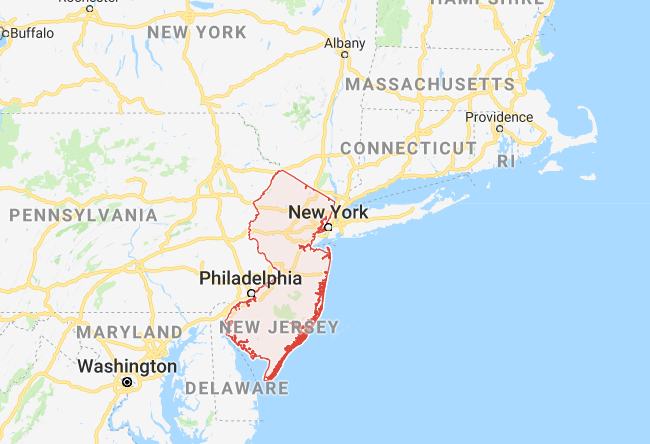They are Rounding Up the Raw Milk Drinkers
February 2, 2018Victory in Virginia – Bills Threatening Herd Shares Now Dead
February 6, 2018
The New Jersey Department of Health (NJDH) has been busy recently on the raw milk front. In one investigation NJDH sent cease and desist letters to various dropsites at private residences. The dropsites were allegedly distributing raw milk and raw milk products to customers of an out-of-state dairy. In another action NJDH was investigating a New Jersey based food buyers co-op sourcing raw milk from multiple out-of-state producers. The department was trying to determine which of the producers was responsible for an illness caused by the consumption of raw milk. The two cases represent an opportunity for the state to evaluate its law prohibiting the sale and distribution of raw milk and acknowledge that the law needs changing.
The cease and desist letters threatened the families operating the dropsites with fines for distributing raw milk. This isn’t the first time NJDH took this kind of action. In 2007 NJDH also sent cease and desist letters to individuals having dropsites at their residences. The difference from the investigation eleven years ago is that NJDH sent letters to considerably more dropsites this time around; not surprising since demand for raw milk has been consistently increasing for years. Otherwise law-abiding citizens will do what they have to in order to obtain raw milk in states like New Jersey where the sale is banned; whether NJDH will admit that or not, it’s the reality.
In the case of the food buyers co-op, NJDH was having a difficult time trying to determine which dairy was responsible for making a member of the club ill with brucellosis. There were media reports discussing the NJDH investigation but none reporting that the department had identified the producer responsible for the illness; it is clear that NJDH was having problems with traceability.
If you combine the growing demand for raw milk among New Jersey residents along with the traceability issue NJDH has been having with out-of-state dairies it would be a good move for the state to consider legalization. A good first move for the state would be to allow by policy the distribution of raw milk through herdshare agreements; under herdshare contracts raw milk consumers obtain an ownership interest in the dairy animal(s) enabling them to obtain raw milk and hire the farmer to board, care for and milk those animals. Herdshare programs are closed-loop arrangements in which there is a high level of traceability if there is a suspected illness; something NJDH should appreciate after what it has been through.
New Jersey dairy farmers have lost millions of dollars in potential revenues to Pennsylvania raw milk producers (there are less than 70 Grade A dairies left in the state) but that never moved the state government to end the prohibition on raw milk sales and distribution. What could change the state’s position though is the difficulty its health department had in conducting an investigation of foodborne illness combined with the fact that demand for raw milk among New Jersey residents will only continue to further increase. Allowing the distribution of raw milk through an arrangement outside the stream of public commerce would be a good first step for the state.


1 Comment
Securing fresh food from fertile soil, challenges to the organic and raw milk movements
https://www.cambridge.org/core/journals/renewable-agriculture-and-food-systems/article/securing-fresh-food-from-fertile-soil-challenges-to-the-organic-and-raw-milk-movements/18325E375E068A538E07EF4E6F6ABA22